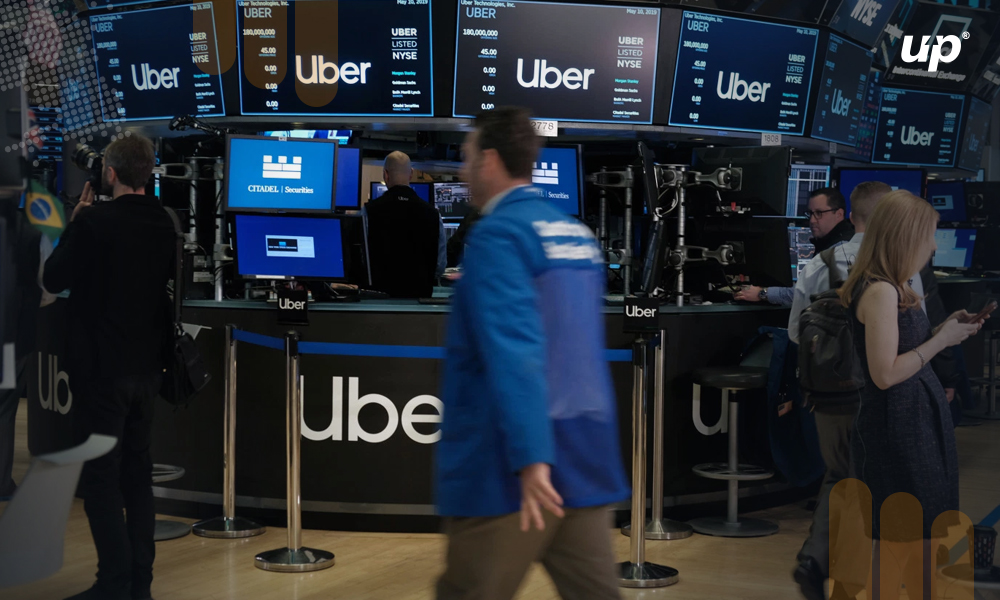The American multinational transportation network company, Uber posted losses of more than $1 billion on its revenue of $3.1 billion for the first quarter of 2019. While on the other hand, Gross bookings rose 34% to $14.6 billion, as Uber Eats continued to show notable growth.
Amid both positive and negative stock predictions, NYSE: UBER fluctuated ahead of the news, ultimately closing down .25% at $39.90 per share.
As per FactSet, analysts anticipated an adjusted net loss per share of 76 cents on earnings of about $3.1 billion. Moreover, Uber, in its IPO paperwork, stated that it expected first-quarter losses to fall between $1 billion and $1.1 billion.
Statements Made by Uber’s Chief
For instance, earlier this month, Uber Chief Dara Khorsrowshahi said, “we took the important step of becoming a public company, and now we are focused on implementing our strategy to become somewhat of a one-stop shop for local transportation and commerce, in the first quarter, engagement across our platform was higher than ever, with an astonishing average of 1 million trips per day and the gross bookings run-rate of $59 billion.”
Also Read : Google to Stop the YouTube Gaming App on 30th May
Since its rocky debut on the New York Stock Exchange, Uber has traded below its IPO price. Evidently, the company priced its IPO at $45 per share earlier this month, raising $8.1 billion in the process. Just after that, the company opened at a disappointing $42 a share. Well, that was a shock which spread like a wildfire in it’s the tech ecosystem, which had predicted an IPO pop on par with Lyft’s, at least.
The point is Uber’s performance in the public market has been a total disappointment. Wall Street experts, even investors had anticipated an initial market cap in the ballpark of $100 billion. Instead of that, Uber sits at a valuation of about $67 billion, or $5 billion lower than the $72 billion valuations it earned with its last private financing.
Uber’s core business, which is ride-hailing, is growing much slower than other segments of the massive business. While revenues grew 20% from the same period last year, revenues in the company’s ride-hail department grew only 9%. On the other hand, Uber Eats revenue went up to 89% while its gross bookings grew 108%.
However, Uber’s competitor Lyft, in its part, is trading well below its IPO price of $72 per share, closing down 2.5% on Thursday at $56 apiece. Today, it’s market cap is approximately $16 billion, or just above its $15.1 billion Series I valuation. Lyft posted its own earnings report just days before Uber completed its own IPO earlier this month.














